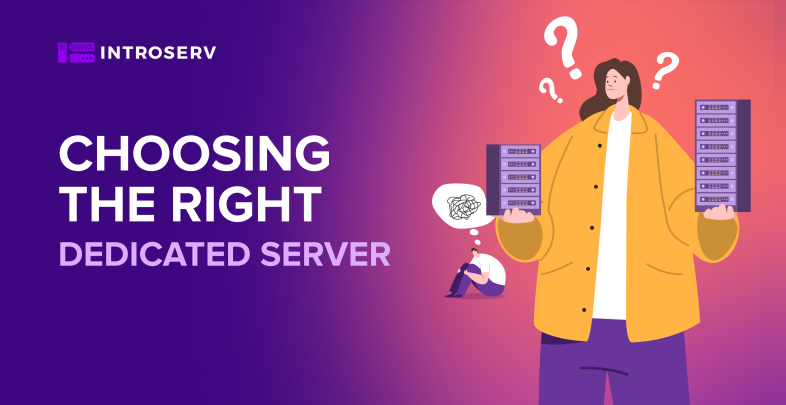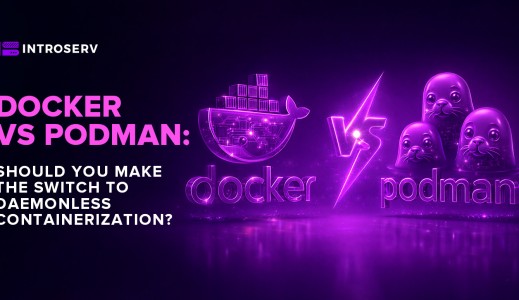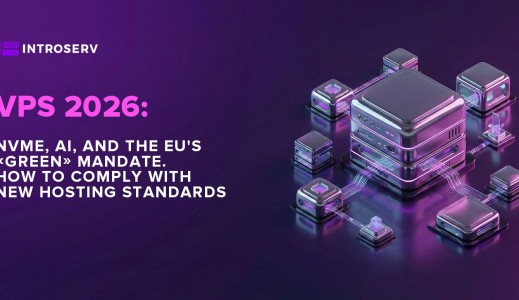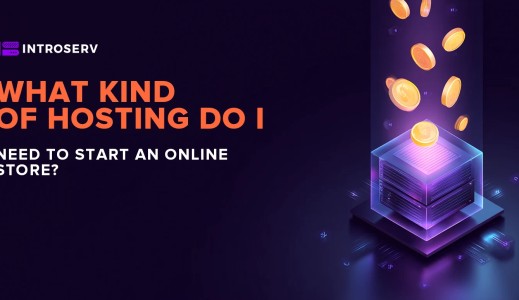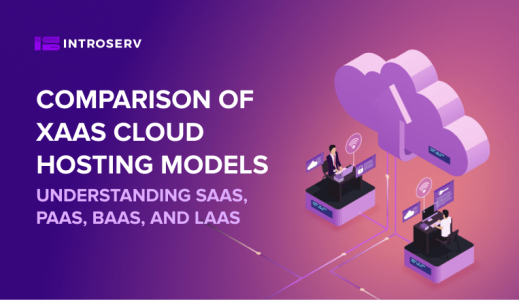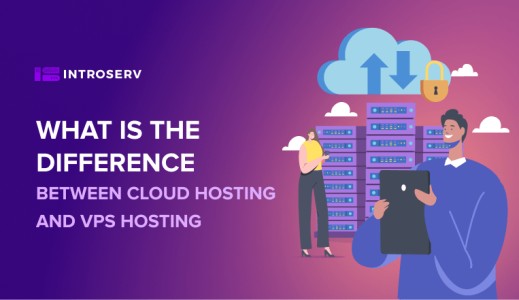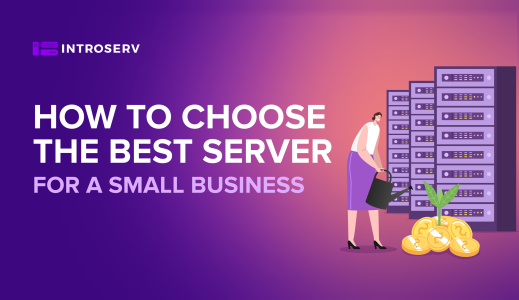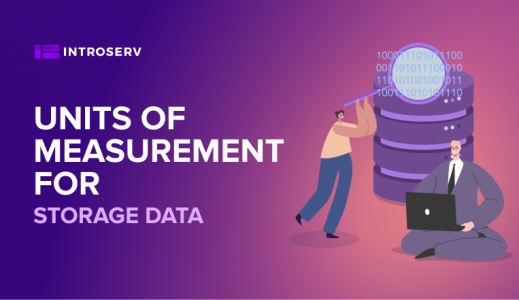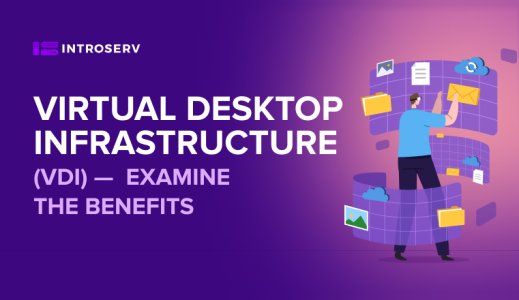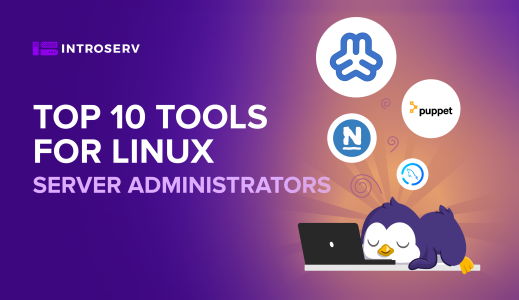What rules to follow and what to look for when choosing a server, we dealt with in the previous article. Now let's consider in detail the case when you have chosen a dedicated server. That is - the server that you rent from certified representatives or in a data center. About the differences and peculiarities of the choice, read this article.
Before you choose a particular type of server, you need to determine three things: the degree of independence and technical characteristics.
1. The need to rent a whole "machine" (a separate physical server) or rent a server shared with other clients.
Physically a separate server is needed if:
- Uninterrupted operation of the server with full remote control is required.
- Requires complete confidentiality and maximum security of data.
- The ability to quickly restart the server.
- High computing power resistant to failures and overloads.
- The ability to quickly replace technical elements in case of unforeseen failure.
- Installation of own software with full remote access.
- Non-standard complete set.
Physical server is rented jointly with other customers when:
- No need for custom bundling.
- No need for full control of the entire physical "machine" (at the level of your server and software, you are completely isolated from other clients).
- No need for high processing power.
- Allowed possible breakdowns due to troubleshooting on the shared server (unlike the first option, here is a common power and cooling system, so theoretically the probability of failure is higher).
As we can see, the main difference is the possibility of individual and non-standard equipment and power level. It is also believed that the rental of a separate "machine" is more secure and protected from hacking. Therefore, the greater the load on the server and the need for privacy - the more preferable choice to rent a dedicated server as a separate complete set.
2. Technical specifications: what to pay attention to or learn from the company's specialists.

Typically, classic tariffs include options to build the most optimal technical parameters. But still the main elements of the server are:
(a) RAM. This is the operating capacity, which is responsible for the speed of data processing. The more accesses to the server you need, the more memory you need. For example, the speed and reliability of resources accessed by your server is directly related to the amount of memory installed.
If you don't have an exact calculation, you can install a smaller amount of memory first, and then add more later as needed.
b) Processor. Here the choice depends on the required frequency and the number of cores. These parameters are not unilaterally linked, as is often thought. Increasing the number of cores reduces the power load and allows you to run multiple parallel processes, while the frequency is reduced. Higher frequency is required for faster but formal processes that do not require specific workloads (like 1C accounting and a network of computers with a standard operating system).
Usually the choice is determined by the nature of the work, which will be assigned to the server.
c) Drives. This is quite a complex issue, because the specific drive is chosen for the client's point tasks. Usually the choice in classic packages is between: RAID, SSD, SATA, SAS.
This question is easiest to solve with a specialist company - precisely identify your priority requirements from the server tasks, which will be assigned to it.
d) Bandwidth. This option determines the speed of data transfer over communication networks. Usually by default, servers are equipped with 1G (1 Gbit/s) ports for the needs of a normal Internet network. But you can order 1G (10 Gbit/s) ports if you need additional speed for your own LAN installation.
So, when choosing a dedicated server, you need to decide on the points:
- The need for complete independence of the server.
- What will be the load on the server.
- What tasks will be assigned to the server.
- Are there specific requirements in connection with non-standard tasks.
Accurate knowledge of the needs greatly simplifies the rapid selection of the right server, and helps to avoid unreasonable overpayment. For better information on the issue - see our following articles.
